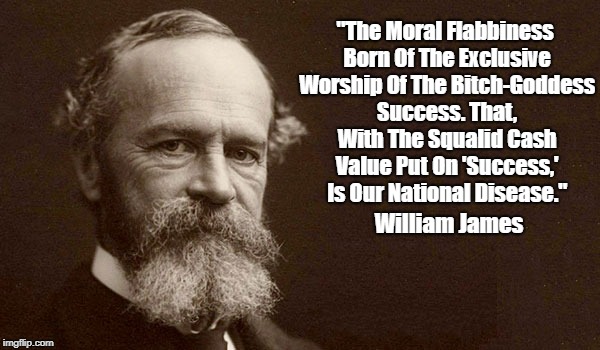
"Success"
http://paxonbothhouses.blogspot.com/2013/02/success.html
TED Radio Hour: "Success"
http://paxonbothhouses.blogspot.com/2013/02/success.html
TED Radio Hour: "Success"
A Great Lineup!
On this program I most recommend Alain de Botton's talk.
(The following essay is featured on the homepage of my legacy website, "Apokatastasis," launched February 14, 2000 - http://alanarchibald.homestead.com/)
Apocatastasis
Wikipedia
"Pope Francis Links"
Pope Francis: Quotations On Finance, Economics, Capitalism And Inequality
Pope Francis: One Of The Most Powerful Critiques Of Capitalism You Will Ever Read
"Pope Francis Links"
Pope Francis: Quotations On Finance, Economics, Capitalism And Inequality

No comments:
Post a Comment